Alle Lehrveranstaltungen der Fakultät für Informatik
Lehrveranstaltungen der Fakultät für Informatik
Lehrveranstaltungen nach Studiengang
Um den Stundenplan für das jeweilige Fachsemester einzusehen, klicken Sie bitte auf „Lehrveranstaltungen nach Studiengang / Stundenplan“ und wählen Sie den entsprechenden Hörerkreis. Anschließend klicken Sie auf „Vorlesungsansicht“
